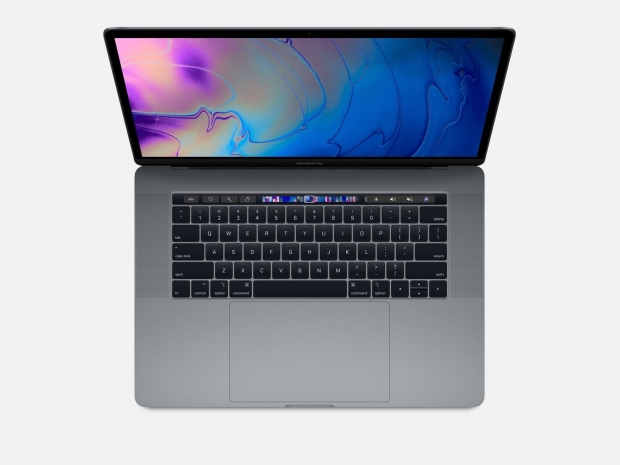The Tame Apple Press has been ovulating with the news Apple has updated its 13-inch and 15-inch Touch Bar MacBook Pros today with Intel’s latest eighth-generation chips. It’s also offering up to 32GB of RAM and 4TB of SSD storage.
But even it has to admit that the price is a bit steep. While the base models of Apple’s laptops still cost the same - starting at $1,799 for the 13-inch model or $2,399 for the 15-inch model - the updated MacBook Pro now tops out at $6,699 for the top configuration. That’s $2,400 more than the best 2017 MacBook Pro you could buy.
Apple offers a $300 upgrade to an even better Intel processor — here from a 2.6GHz Core i7 chip to a 2.9GHz Core i9 — and storage upgrades to 1TB (an extra $400) or 2TB (an extra $1,200) for the same $4,299 price as last year’s specced-out machine.
The difference is that Apple is also offering two new options for 2018. You can pay an extra $400 for 32GB of RAM or an extra $3,200 for 4TB of storage. Together, those push the price up to that $6,699 figure.
The SSD pricing is ludicrously high as is the $400 for 32GB of RAM .
So although it has an i9 chip you can probably find the same spec for significantly less. You might want to wonder why you would ever need 4TB of SSD storage.
Another issue is that even after multiple lawsuits have been filed over the butterfly-switch keyboards found on the MacBook Pro and MacBook lineups, you would think Apple would fix this issue by including a keyboard in the new MacBook Pros that can't be damaged by a little dust.
Unfortunately, while the new 2018 MacBook Pro does have an updated third-generation keyboard, Apple has confirmed it did not fix the sticky key issue.
Instead, the third-generation keyboard's tweaks are about making it quieter. Instead Apple has insisted that only that "a smaller percentage of the keyboards in certain MacBook and MacBook Pro models" have demonstrated the sticky key issue. Which is Apple-speak for "its borked but we can't fix it, so we are making it your problem".



